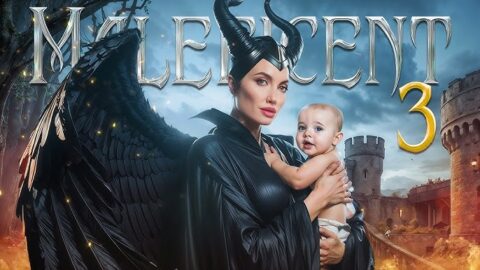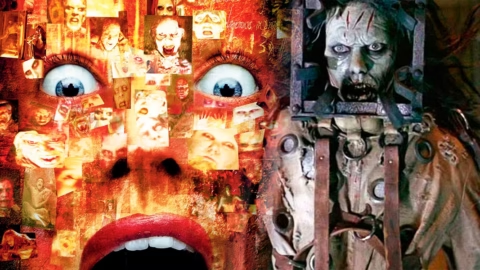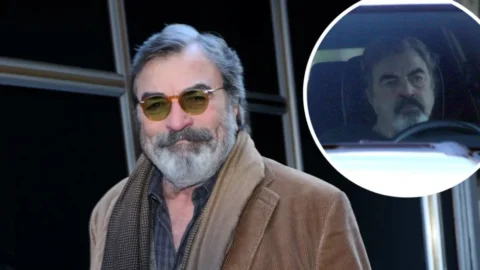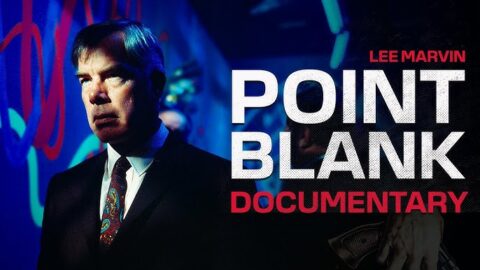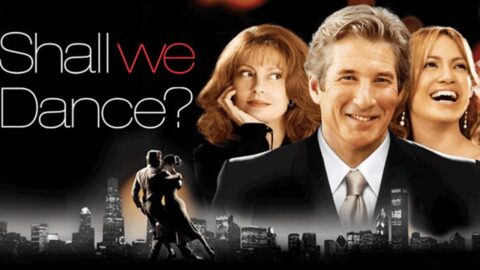Directed by Andrzej Żuławski
The Public Woman (La Femme Publique) is a hypnotic plunge into the dark corners of art, desire, and identity—one of those daring European films that could only come from a director like Andrzej Żuławski. Released in 1984 and loosely inspired by Dostoevsky’s Demons, this French cult classic is part erotic drama, part political allegory, and all-consuming fever dream.
At the center is Ethel, played fearlessly by Valérie Kaprisky—a young, determined actress in Paris desperate for her big break. She lands the lead in a radical, boundary-pushing stage adaptation of Dostoevsky’s novel, and from the moment rehearsals begin, Ethel throws herself in body and soul into the role. On stage she’s electric, but off stage her life spirals into chaos as she’s pulled deeper into the schemes of two dangerous men: Lucas (Francis Huster), the intense, manipulative director who demands absolute surrender, and Milan (Lambert Wilson), a Czech political dissident who drags her into an underground world of intrigue and betrayal.

Żuławski, also known for Possession, directs with his trademark intensity—long takes, swirling camera moves, and raw, unpredictable performances that make every scene feel alive and slightly on edge. The film blurs reality and performance until there’s nothing left but Ethel’s unraveling sense of self. Kaprisky’s bold, vulnerable performance captures the film’s core: a woman who becomes the embodiment of the public gaze—desired, judged, used, and finally transformed.
Underneath its eroticism and shocking moments, The Public Woman is a haunting commentary on art and exploitation, freedom and manipulation. It asks: where does the performance end, and the real woman begin? Żuławski’s Paris is shadowy, restless, and alive with the tension between rebellion and ruin.

Today, La Femme Publique remains a striking, unrestrained vision from one of cinema’s most uncompromising filmmakers. It’s a film that seduces and unsettles in equal measure—a feverish plunge into a mind pushed beyond its limits for art, love, and something like freedom.
Watch full movie and step into Żuławski’s hypnotic world—if you dare.



